Home Sustainability ECO LOOP
Collections like ECO LOOP embody circular thinking, utilizing single-material fabrication to minimize resource waste and ecological footprints. These high-quality, functional fabrics are designed for effective recycling, reducing environmental impact, and establishing a cyclical approach to fashion.
At Sunny Special, we prioritize product durability. However, we now place a greater emphasis on sustainability, considering the entire product lifecycle. This commitment extends beyond just the lifespan of materials.
During the development stage, we’ve integrated innovative concepts, enabling direct recycling from the fabric development phase. Crafted from mono materials to minimize resource waste and ecological footprints, our ECO LOOP series showcases environmental consciousness from fabric inception to final product.
“While the foundational infrastructure for a circular system is still in development, we are excited to contribute through our new ECO LOOP series.”
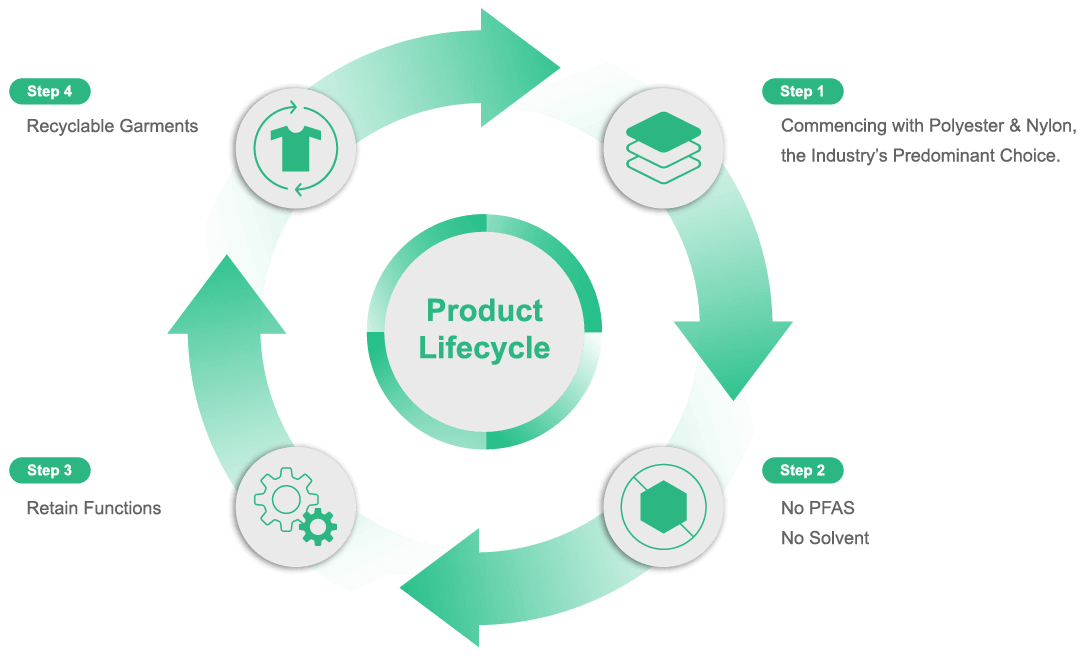



Use recyclable nylon and polyester fabrics, and choose same material membrane, the
membrane can be recycled or made form biomass, to reduce carbon emissions.
This ingenious combination allows the entire jacket to be easily recycled when the product is
discarded, without the additional cost of separating fabric and membrane materials, and at the
same time increases the willingness of recycling companies to cooperate.
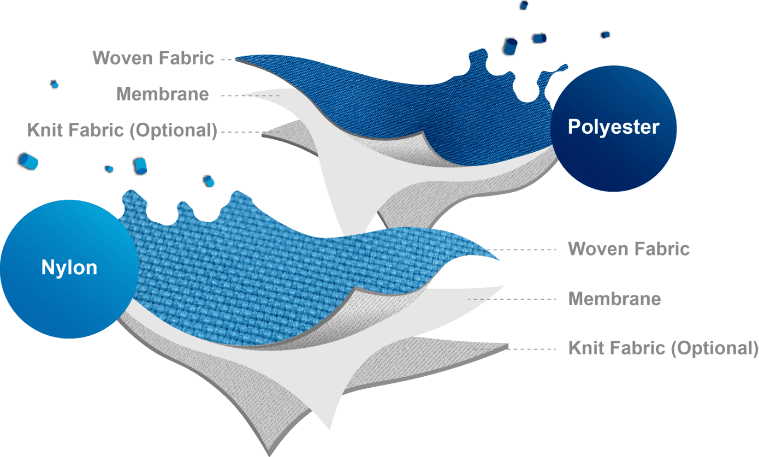

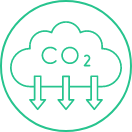


Low Carbon
Emission
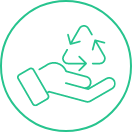


Low Resource
Usage
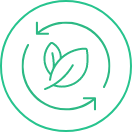


Easy for Recycled
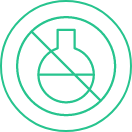

No Solvent


No PFAS


Experience the future of sustainable stretch with our ECO LOOP stretch fabric – a revolutionary alternative to traditional stretch woven fabrics. Enjoy comfortable stretch without elastane, making it eco-friendly and hasslefree for garment recycling.



Low Carbon
Emission



Low Resource
Usage



Easy for Recycled
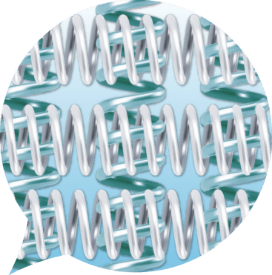

Mechanical Stretch Yarn
Polyurethane Content
0%
4%-16%
0%
0%
Extension
30-35%
20%-40%
0%
0%
0%
4%-16%
0%
0%
30-35%
20%-40%
0%
0%
Related Certifications
Bluesign®
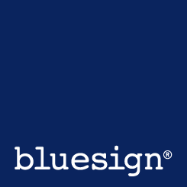

GRS
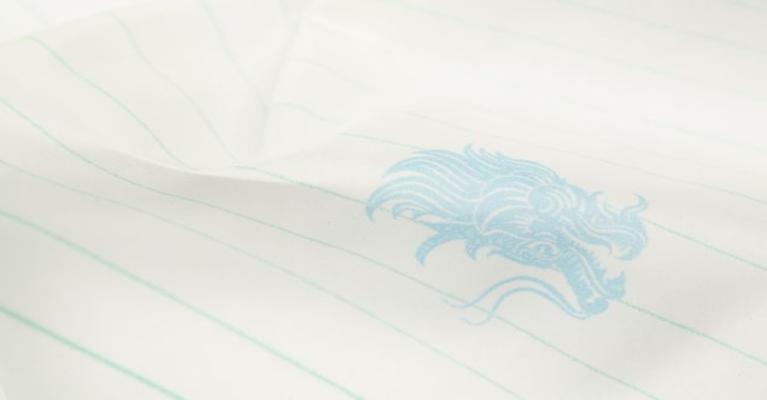

Ocean recycling - PP749EN
Our lightweight fabric blends innovation and sustainability. Crafted with precision using microfiber for warp yarn, achieving a DPF of 0.35. The weft, sustainably chosen with ocean-recycled material, aligns with global recycling initiatives, contributing to coastal ecosystem health. Departing from water-intensive dyeing, digital printing offers adaptability and limitless design dimensions, using eco-friendly water-based inks. A harmonious blend of luxury and environmental responsibility, our fabric stands out with tiny microfiber, dedication to resource efficiency reduced environmental impact.
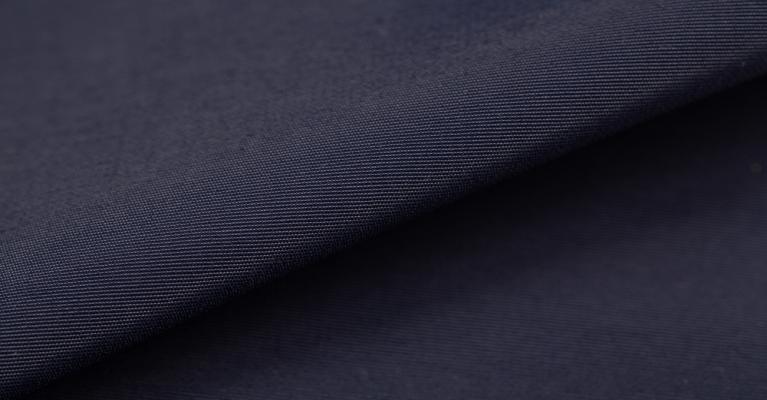

Waste tire recycling - NP704GWN1010
Tires, typically challenging to biodegrade, find new life through chemical recycling, producing virgin nylon of equivalent quality to recycled nylon. This piece of fabric is composed of a fabric surface made of recycled nylon from waste tires and recycled nylon lamination. It is composed of a mono fabric. By significantly reducing oil consumption and carbon emissions, this mono-fabric creation facilitates more efficient recycling at the end of its product life cycle.
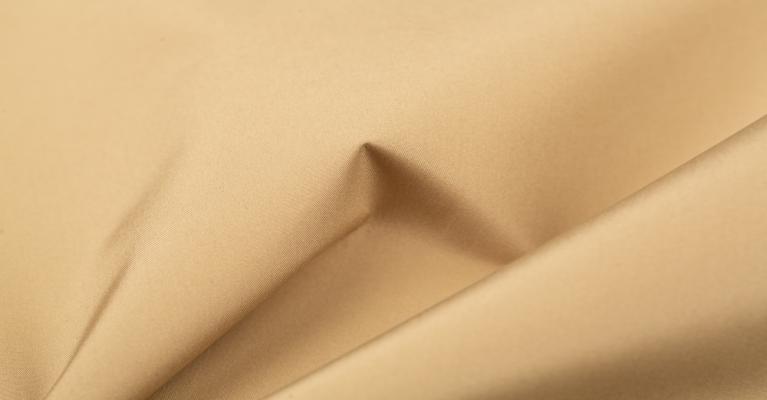

Low Carbon _ PP729GWT1010
Mono content is the next sustainable step of waterproof breathable fabric.
The fabric, made from low-carbon yarn, stands out using ethanol extracted from captured exhaust gases, turning industrial air emissions into valuable raw materials. It laminates recycled polyester membranes on the back side, boosting recyclability and reducing the fabric's carbon footprint. This design concerns the product life cycle that enhanced apparel recyclability at the end, effectively solving the problem depart different materials of fabric and membrane before the apparel recycling system.